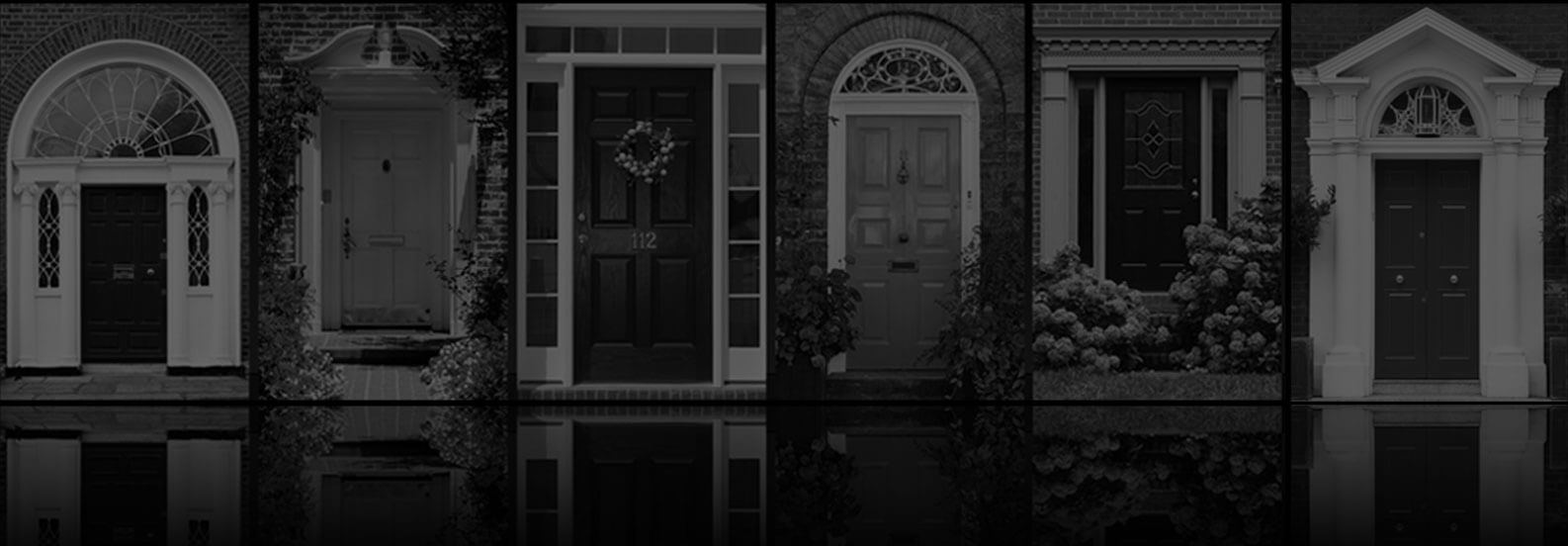 Homeowners associations rely on assessments to fund everything from trash removal and maintenance of common areas to the overall financial solvency of the community. As a result, the failure to pay past-due assessments can quickly affect property values as well as the quality of life of other homeowners. Our attorneys offer vital information for board members who are having difficulty fulfilling association obligations.
Homeowners associations rely on assessments to fund everything from trash removal and maintenance of common areas to the overall financial solvency of the community. As a result, the failure to pay past-due assessments can quickly affect property values as well as the quality of life of other homeowners. Our attorneys offer vital information for board members who are having difficulty fulfilling association obligations.
Common Expenses Paid Through Homeowner Association Assessments
Assessments, also called maintenance fees or HOA fees, are charged to any homeowner upon purchase of a property within a community. While regular assessments cover the costs of the maintenance and repair of the common areas in a community, associations may also levy special assessments to pay for new amenities or increased operational costs. Fees may be charged on a yearly, semi-annual, quarterly, or monthly basis, and will continue to be charged to the property owner for the entire length of his or her ownership of the property.
Regular HOA maintenance fees are typically used to cover day-to-day expenditures such as:
- Groundskeeping (such as lawn care, sprinkler installation, and landscaping in community parks)
- Health and sanitation (trash removal, recycling pickup, and pest control)
- Maintenance of common areas (including dog parks, play areas, swimming pools, or tennis courts)
- Seasonal maintenance (including leaf blowing, snow removal, salting, and plowing)
- Bundled utilities (such as community internet or cable TV services)
- Contractor salaries (such as hiring a professional management agency or cleaning company)
- Shared building maintenance (such as damage to an onsite community center or plumbing repair in a condominium building)
- Insurance policies and premiums
How to Collect Unpaid Assessments Legally and Efficiently
Each passing day that a homeowner fails to fulfill his or her assessment obligation increases the association’s overall costs. A seasoned legal advisor can ensure that you perform collection practices within the letter of the law, allowing you to maintain professionalism while getting the payments you are owed as quickly as possible.
An attorney can help with all matters related to collection, including:
- Complying with federal law. Community associations and their agents (including lawyers and debt collectors) can only perform collection actions that are compliant with the Fair Debt Collection Practices Act (FDCPA). If your association violates these provisions, the homeowner may have ground to counter-sue, leaving you without payment.
- Adhering to bylaws. An association cannot take any action that is not authorized by its own bylaws. For this reason, it is vital that your association's duties regarding assessment levies and collection procedures are clearly outlined in your governing documents.
- Calculating adequate payment. If a property owner defaults on payments, the association may be owed much more than the dollar amount of unpaid assessments. An HOA may have the right to charge the homeowner for interest on the past due amount, late fees, collection costs, attorneys’ fees, and other related charges.
- Enforcing a lien. In Virginia, an HOA may place a lien on a homeowner’s property to secure payment for past due assessments and other charges as long as the homeowner was given written notice of the intent to file a lien at least 10 days prior.
- Filing suit. The board may file a civil lawsuit against a delinquent tenant to obtain payment for assessments, interest, late fees, court costs, attorneys' fees, collection costs, and lien fees.
- Foreclosing on the property. Before an association can foreclose a property, the HOA must give notice to the homeowner that he or she has 60 days to pay settle the debt, after which the property will be sold. The notice must include language notifying the owner of his or her right to bring a lawsuit challenging the existence of the debt or otherwise defend against foreclosure.
- Preventing further losses. It is in an association’s best interest to resolve assessment debts as quickly and economically as possible. Involving an attorney early can help accelerate collection efforts, preventing the additional costs of going to court.
Attorneys David Mercer and Pia Trigiani represent community associations throughout Virginia, resolving current disputes as well as identifying future issues that have the potential to cause problems years down the line. Feel free to browse our library of free information or use our online contact form to learn how we can help with your community association matter.

